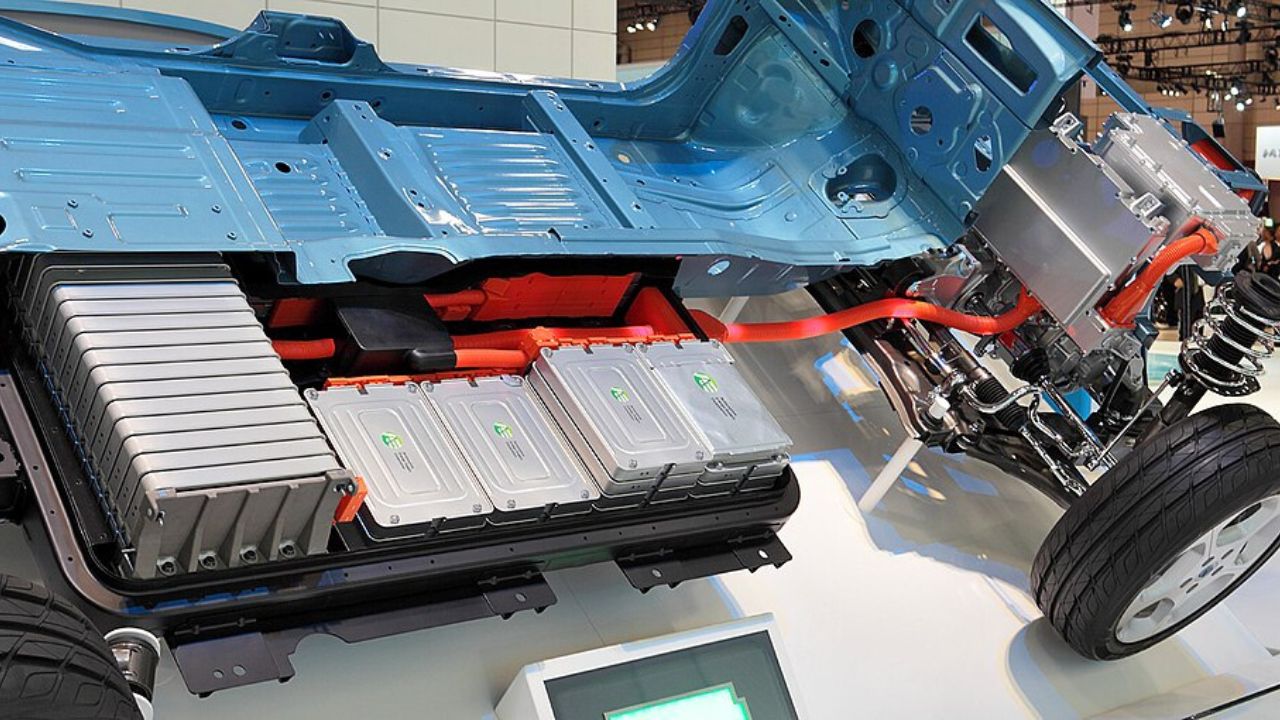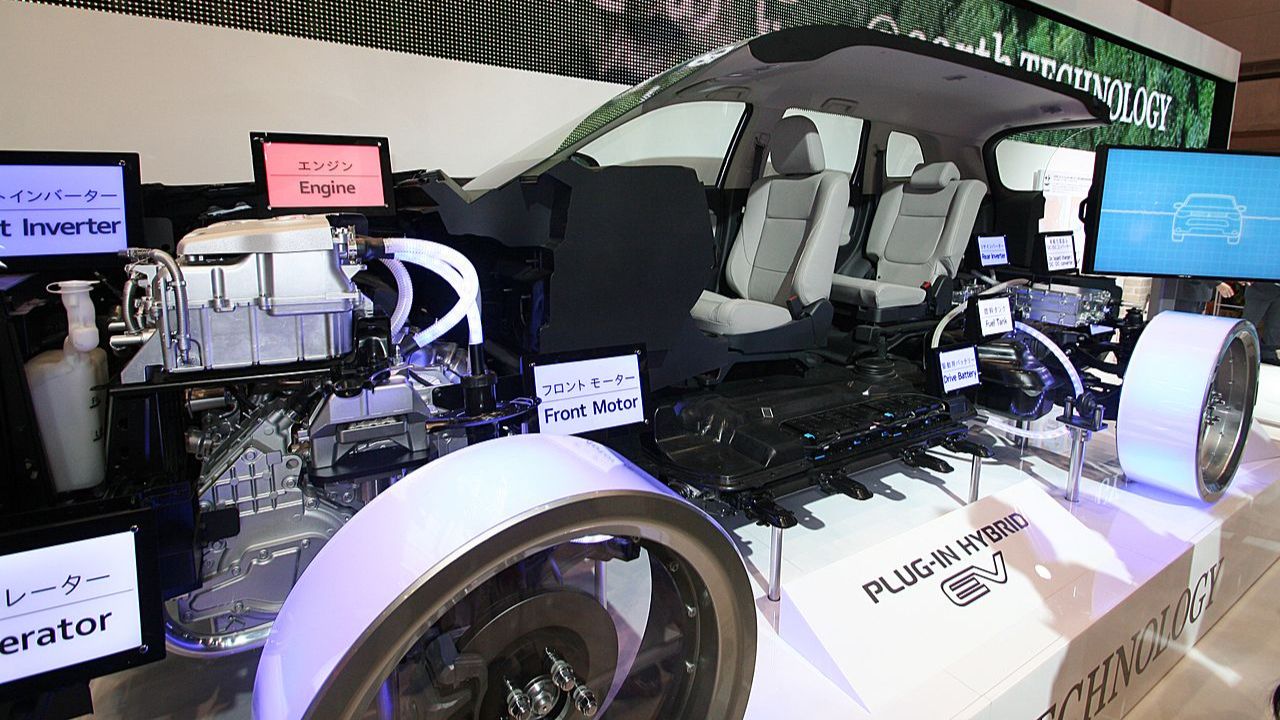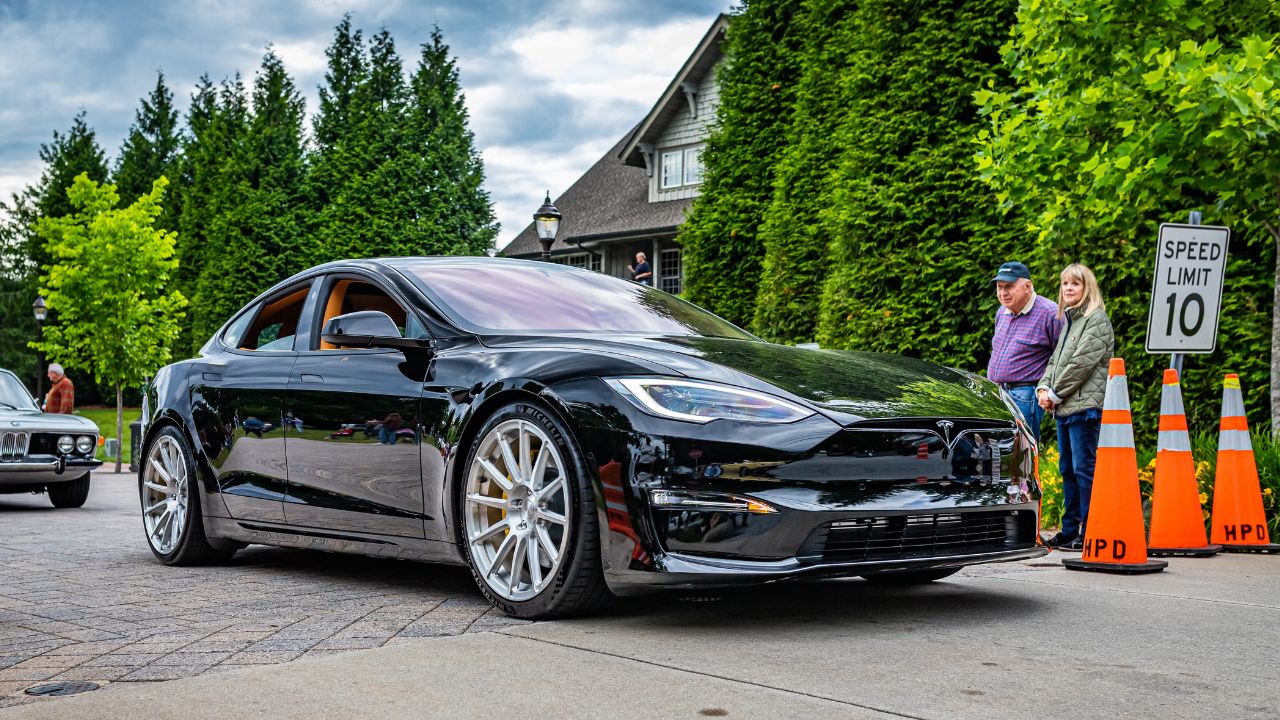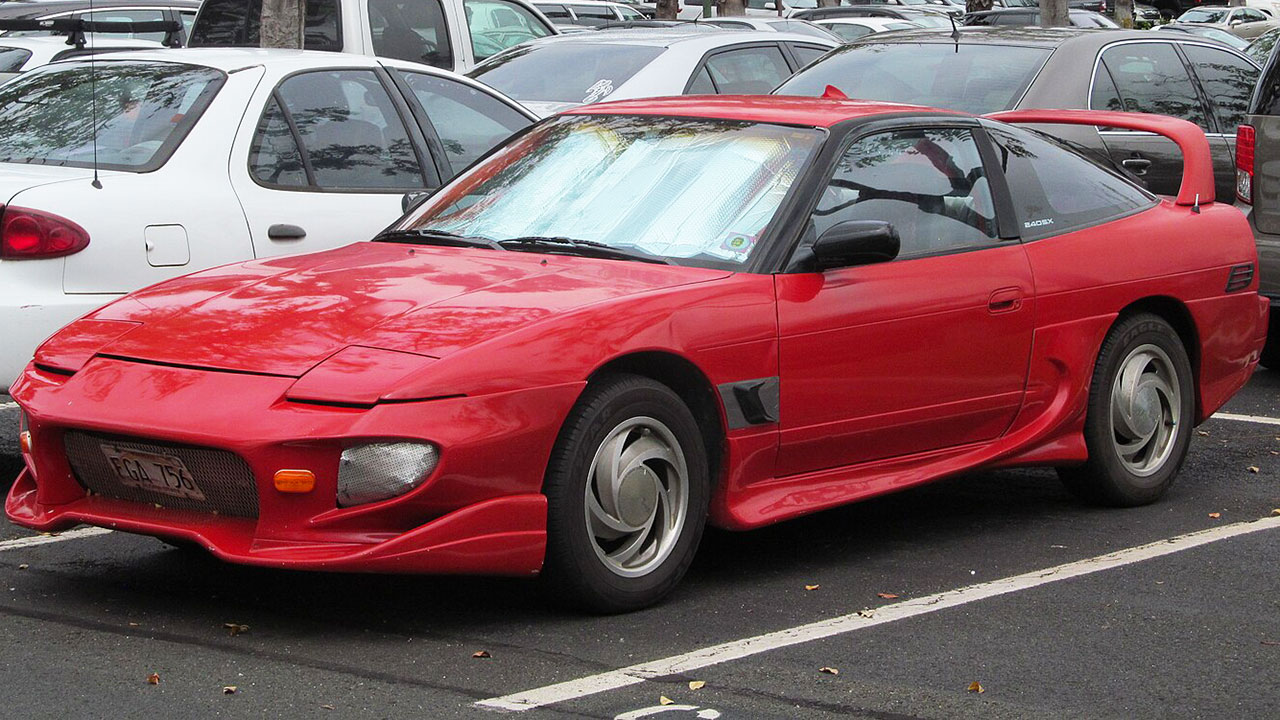As plug-in hybrid vehicles (PHEVs) become increasingly popular for their balance of fuel efficiency and performance, questions about their reliability and long-term durability have emerged. Key concerns associated with PHEVs include battery life, maintenance costs, and overall vehicle longevity. Understanding these issues is crucial for potential buyers and current owners looking to make informed decisions about their investments.
Understanding Plug-In Hybrid Technology
Plug-in hybrid systems offer a unique blend of traditional hybrid and fully electric vehicle (EV) technologies. Unlike traditional hybrids that rely on regenerative braking and the internal combustion engine to charge the battery, PHEVs can be charged directly from an external power source. This allows for a greater electric-only driving range. For instance, the 2023 Toyota RAV4 Prime can travel up to 42 miles on electric power alone before switching to its gasoline engine, which reduces emissions and enhances fuel savings.
Key components of plug-in hybrids include battery packs, internal combustion engines, and electric motors. These elements work in tandem to provide power and efficiency. While the electric motor is responsible for the initial propulsion, the internal combustion engine kicks in when additional power is needed or when the battery is depleted. One of the limitations of PHEVs is the potential for range anxiety, especially for those who frequently travel longer distances without access to charging stations.
Battery Life and Degradation
The longevity of a PHEV’s battery is influenced by several factors, including charging habits, climate conditions, and usage patterns. For example, frequent fast charging and exposure to extreme temperatures can accelerate battery degradation. The 2022 Hyundai Ioniq Plug-in Hybrid, which uses a lithium-ion polymer battery, illustrates how advancements in battery technology aim to extend lifespan and performance. However, these batteries still face challenges over time.

Comparing battery technologies reveals differences between lithium-ion and emerging types like solid-state batteries. While lithium-ion remains the standard, manufacturers are exploring alternatives that promise longer life spans and quicker charging times. Many automakers, such as Toyota with its 2025 Prius Prime, offer warranties covering battery life up to 8 years or 100,000 miles, providing some peace of mind. Nevertheless, real-world performance can vary, and buyers should be prepared for potential battery replacement costs.
Maintenance and Repair Costs
Routine maintenance requirements for PHEVs are somewhat unique compared to traditional vehicles and fully electric cars. Regular tasks include oil changes and brake checks, similar to conventional cars, but there are also specific needs like electric motor servicing. The 2024 Ford Escape Plug-in Hybrid, for example, demands periodic software updates to ensure optimal performance of its hybrid systems.
The costs of specific repairs can vary considerably. Battery replacement is the most significant expense, often running into thousands of dollars. Besides, finding qualified mechanics with specialized training for PHEV repair can be challenging. As these vehicles become more common, the availability of skilled technicians is expected to increase, but for now, owners might need to visit specialized service centers, which could influence overall maintenance costs.
Overall Vehicle Longevity
The long-term durability of PHEV components is a critical consideration for potential owners. Over time, wear and tear on engines, transmissions, and electric systems can affect performance and reliability. The 2021 Mitsubishi Outlander PHEV has shown through consumer reports that while its electric components tend to hold up well, the internal combustion engine may require more frequent repairs than initially anticipated.
Resale value is another important factor when evaluating a PHEV’s longevity. Vehicles like the 2020 Honda Clarity Plug-in Hybrid typically experience a slower depreciation rate compared to traditional cars, thanks to their fuel efficiency and tax incentives. However, concerns about battery life and overall maintenance costs can impact their value on the used car market. Insights from industry experts and real-world drivers suggest that while PHEVs offer numerous benefits, prospective buyers should weigh these against potential long-term costs.
Like Fast Lane Only’s content? Be sure to follow us.
Here’s more from us:
*Created with AI assistance and editor review.






Leave a Reply